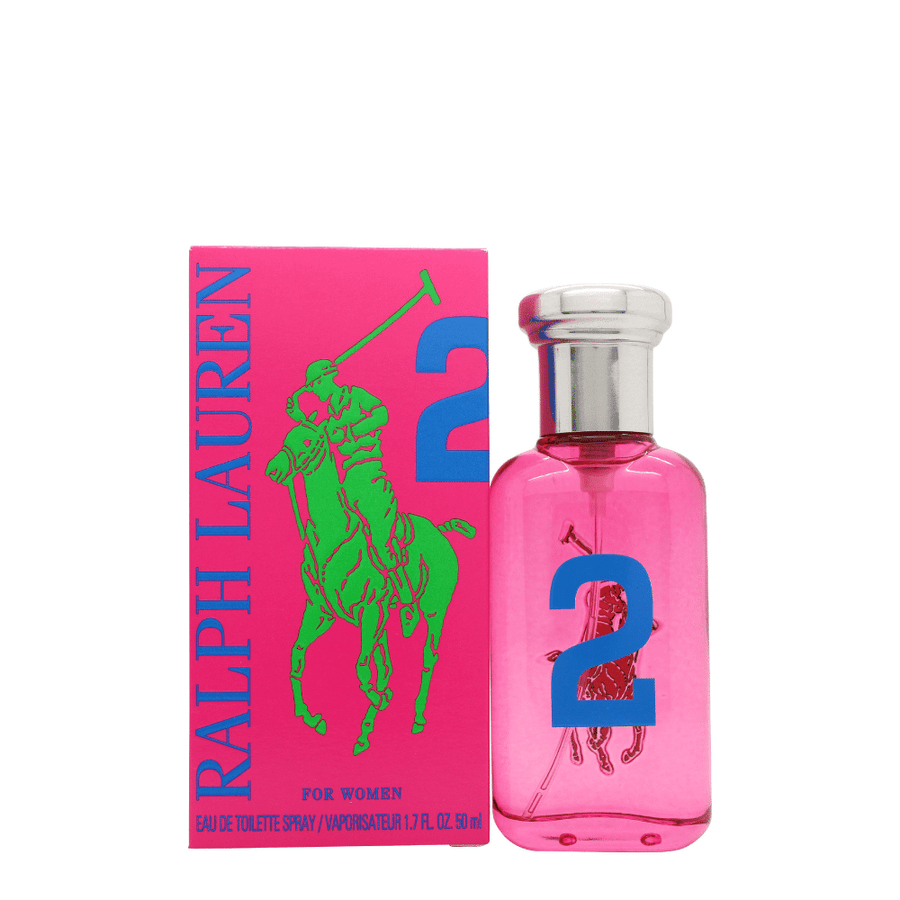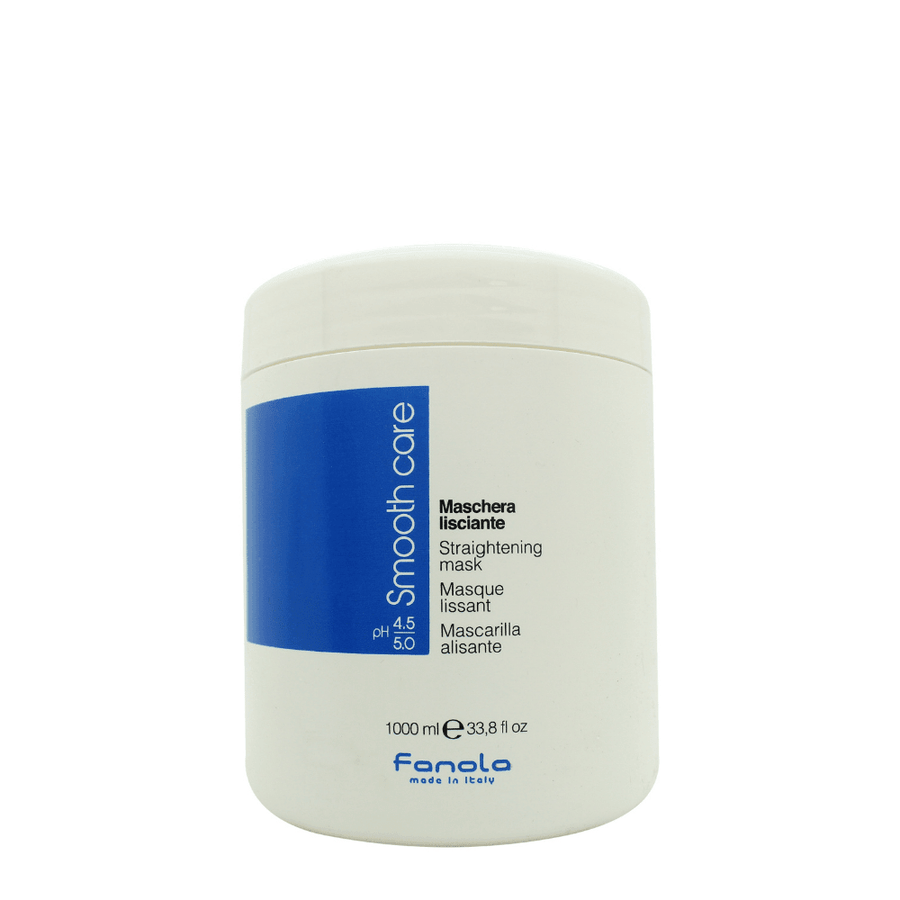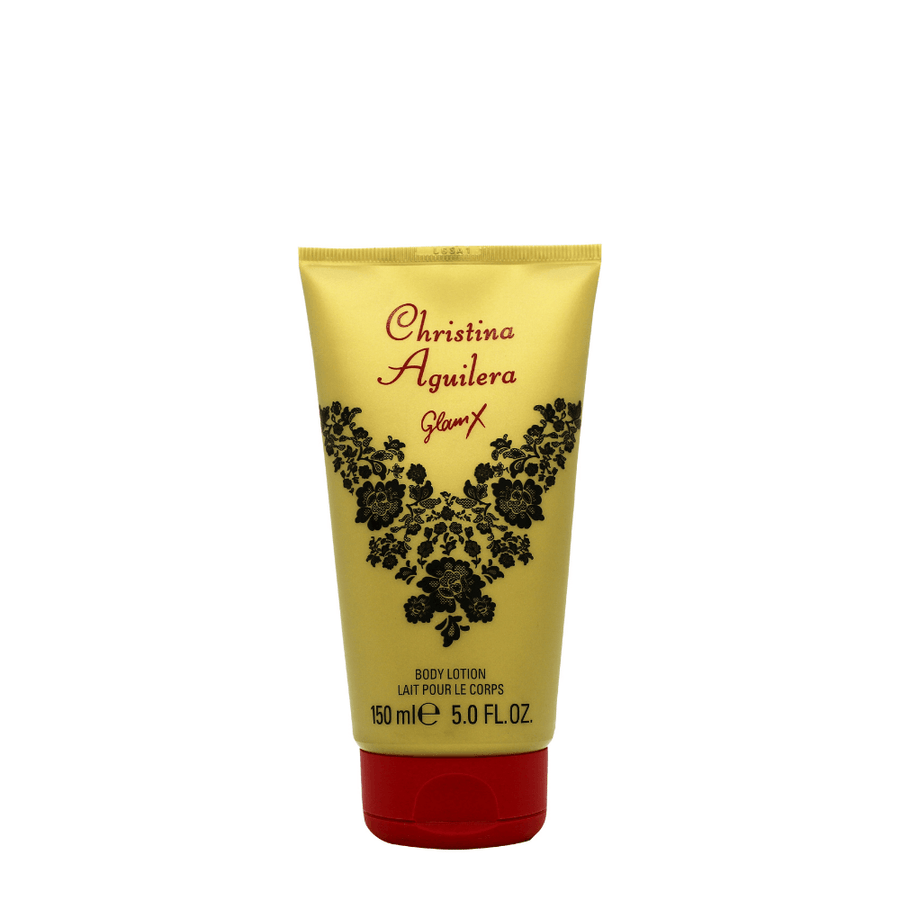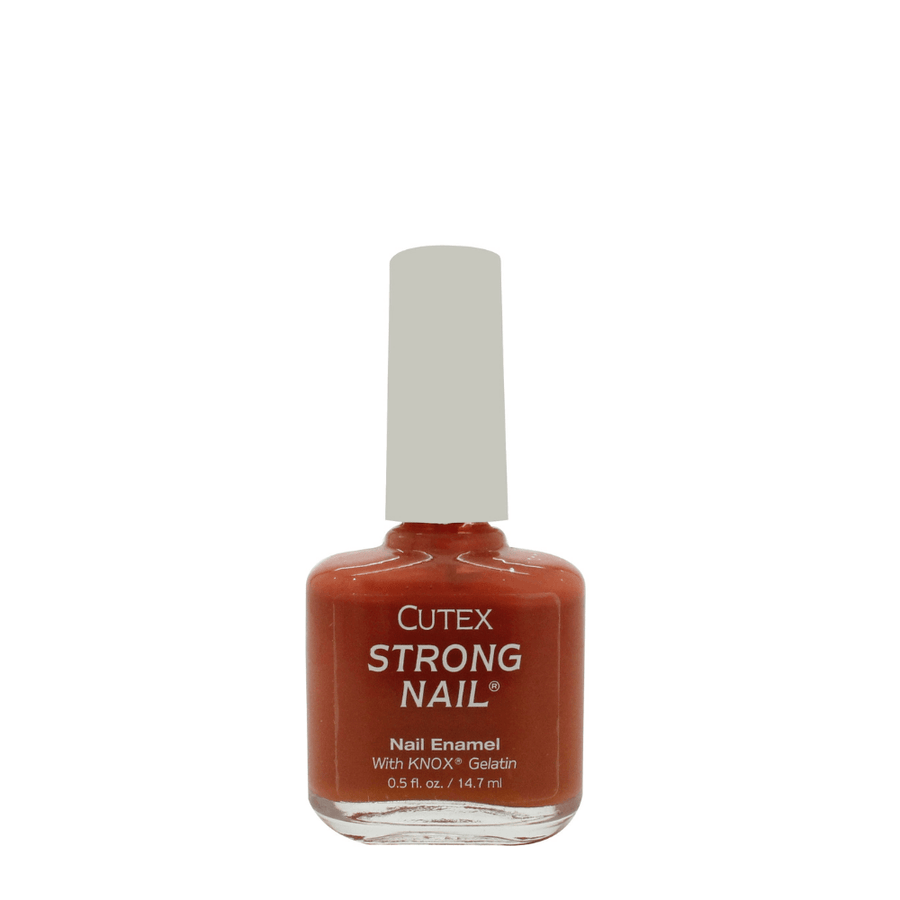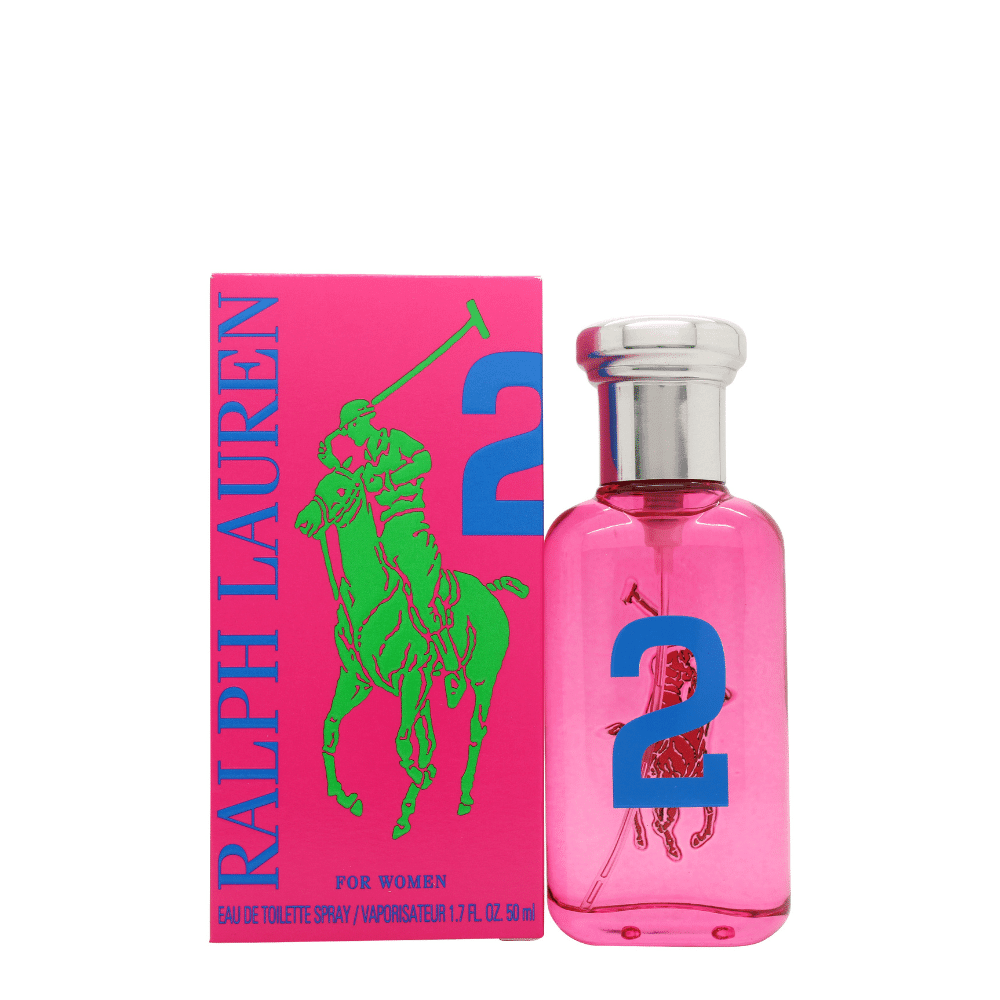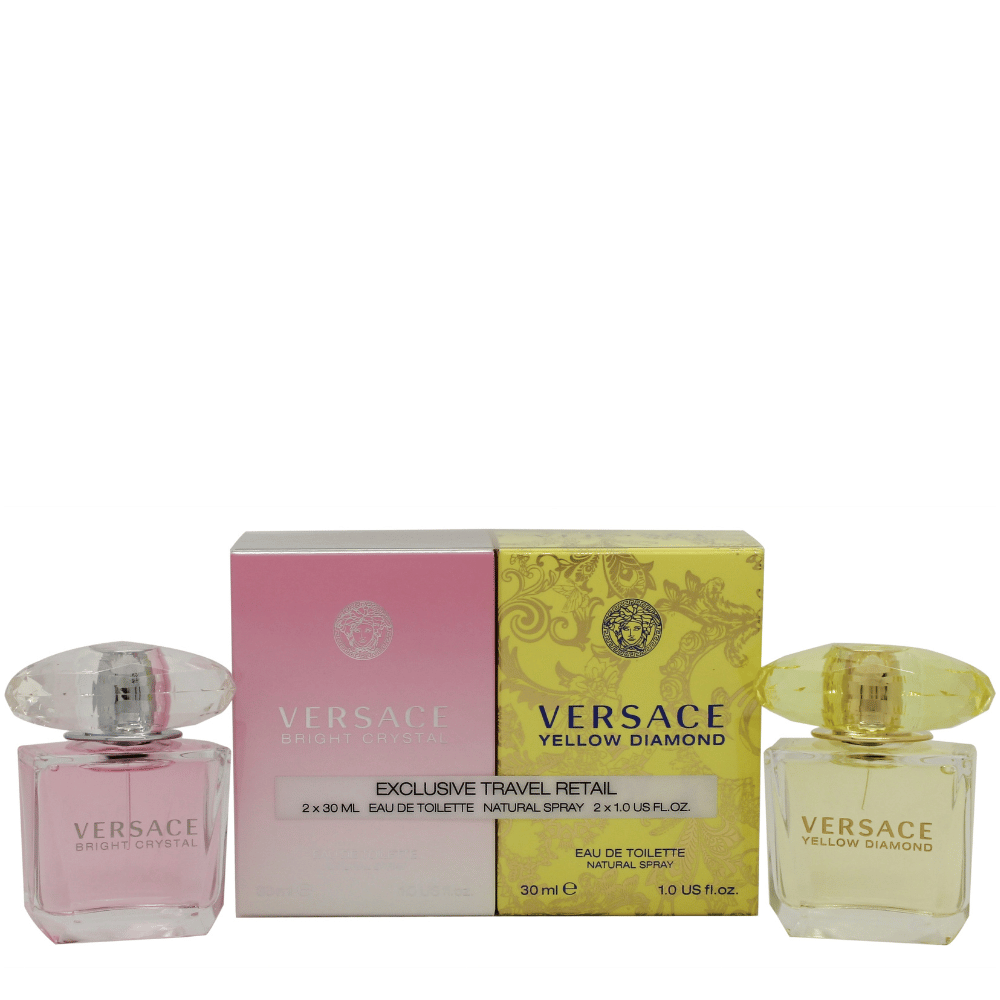
Women's Perfume
There is something captivating about a woman wearing her signature scent. Perfume has the ability to evoke emotions, boost confidence and leave a lasting impression. It is an art form that has been valued for centuries, ever since ancient civilizations. In this text, we take you on a fragrant journey through the enchanting world of women's perfume. By understanding the complex properties of fragrance families and discovering the process of perfume making, you will gain valuable insights into the captivating realm of perfumes.
Women's Perfume: Revealing the Essence of Femininity
Perfume is not just a beauty product; it is an extension of one's personality and style. It adds a touch of elegance and allure to every woman's ensemble. The right fragrance has the ability to evoke memories, lift mood and express individuality. Let's dive into the world of women's perfume and explore its various aspects.
What makes women's perfume special?
Women's perfume is an artful combination of carefully selected aromatic ingredients that create a unique scent. It is designed to complement a woman's natural scent and enhance her presence. Unlike other beauty products, perfume is intangible, but its impact is undeniable. The right scent can boost confidence, evoke sensuality and create a lasting impression.
History of women's perfume
Perfume has a rich history that spans civilizations and centuries. The ancient Egyptians were among the first to use fragrances, both in religious ceremonies and as a symbol of luxury. Perfume-making techniques were refined during the Islamic Golden Age, and the art of perfume-making spread to Europe during the Renaissance. Over time, perfume evolved from a luxury reserved for the wealthy to an accessible product appreciated by people from all walks of life.
The science behind women's perfume
Behind every captivating scent is the science of perfume. Perfumers carefully select and combine aromatic compounds to create harmonious scents. These compounds can be derived from natural sources, such as flowers, fruits and spices, or created synthetically. Understanding the chemistry of fragrance notes and their interactions is key to creating a well-balanced perfume.
Fragrance families: Exploring different aromas
The world of women's perfume is organized into fragrance families, each with their own characteristics. Understanding these families can help you identify the scents you are naturally drawn to and guide you in finding your perfect match. Let's explore some of the most popular fragrance families:
Floral Perfumes: Embracing the Essence of Flowers
Floral perfumes are timeless classics and personify femininity. They capture the essence of flowers and evoke a sense of romance and elegance. From delicate rose notes to vibrant jasmine and powdery violet, floral fragrances offer a wide range of captivating scents.
Oriental Perfumes: Sensuality in a Bottle
Oriental perfumes are rich and luxurious, often characterized by warm, spicy and sweet notes. They exude sensuality and mystery, making them perfect for special occasions or when you want to make a bold statement. Fragrant spices, exotic woods and precious resins are key ingredients in oriental perfumes.
Citrus Perfumes: A Fresh Explosion
Citrus perfumes are refreshing and revitalizing, perfect for those who prefer a lighter and more energetic scent. The sparkling notes of citrus fruits such as lemon, bergamot and grapefruit create a lively and invigorating scent that is ideal for hot summer days.
Woody Perfumes: Embrace the Warmth of Nature
Woody perfumes evoke a sense of rootedness and connection to nature. With notes of sandalwood, cedar and patchouli, these scents are warm, earthy and often have a hint of smokiness. Woody perfumes are versatile and can be worn in all seasons.
Fruity Perfumes: A Juicy Pleasure
Fruity perfumes capture the juicy sweetness of ripe fruits and give a playful and youthful vibe. From juicy berries to tropical delights, these scents are sweet, fresh and full of life. Fruity perfumes are popular choices for daytime or when you want to add a touch of joy to your ensemble.
Chypre Perfumes: Timeless Elegance
Chypre perfumes are known for their sophisticated and elegant character. They combine citrus notes at the top, floral notes at the heart and woody or moss-like notes at the base to create a harmonious composition that exudes timeless enchantment. Chypre fragrance is often associated with classic femininity.
Perfume notes: Building blocks of Fragrance
Perfume composition is based on fragrance notes, which are individual scents that are combined to create the overall scent of the perfume. The notes are categorized into three main categories: top notes, heart notes and base notes. Understanding these notes can help you interpret the evolution of a fragrance and its duration.
Top notes: First impression
Top notes are the initial scents you experience when you first apply a perfume. They are light and fleeting and provide the first impression of the scent. Common top notes include citrus fruits, aromatic herbs and green leaves. Top notes fade relatively quickly, but they set the stage for heart notes and base notes to shine.
Heart notes: Essence of the fragrance
The heart notes, also known as middle notes, appear when the top notes have disappeared. They form the heart of the fragrance and often consist of floral, fruity or spicy scents. Heart notes are more lasting than top notes and play a crucial role in defining the character of a perfume.
Base notes: A Fragrant Foundation
Base notes are the deep and rich scents that linger on the skin long after the top and heart notes have disappeared. They form the foundation of a perfume and provide depth, complexity and longevity. Common base notes include woody and balsamic elements. Base notes are crucial in creating the lasting impression of the perfume.
How to choose the perfect women's perfume
With countless options available, finding the perfect women's perfume can be a challenge. Men With a few considerations, you can navigate through the vast array of fragrances and discover your ideal scent. Here are some tips to help you choose a perfume that matches your style and personality:
Understand Your Preferences
Before embarking on your perfume journey, take some time to reflect on your fragrance preferences. Do you lean towards floral scents or do you prefer something more exotic? Think about the occasions you plan to use the perfume and the image you want to convey.
Testing Perfumes on Your Skin
Perfume reacts differently with each individual's skin chemistry. What smells great on someone else may not have the same effect on you. To find a perfume that really suits you, visit a perfume shop and test different scents on your skin. Allow the perfume to settle for a few minutes before making a decision.
Consider the season and the occasion
Some fragrances are better suited to specific seasons and occasions. Light, fresh scents are ideal for spring and summer, while richer and more intense scents work well in the fall and winter. Also consider whether you are looking for a perfume for everyday use, a special event or a romantic evening.
Note the longevity
The longevity of a perfume refers to how long it lasts on your skin. If you prefer a scent that lasts all day, you can choose perfumes with long-lasting base notes. On the other hand, if you prefer a lighter scent or like to change perfumes frequently, you can choose fragrances with a shorter duration.
Recommendations and Reviews
Reading reviews and seeking recommendations from trusted sources can provide valuable insights into a perfume's performance and overall appeal. Consider researching online, participating in fragrance communities or asking friends and family for their favorite perfume recommendations.
Trust your instincts
Finally, the most important factor in choosing a perfume is how it makes you feel. Trust your instincts and choose a scent that resonates with your emotions and brings you joy. Perfume is a personal expression of your individuality, so embrace your intuition and follow your heart.
Frequently asked questions about women's perfume
How should I apply perfume for best results?
The key to applying perfume is moderation. Start by spraying or dabbing a small amount on pulse points, such as the wrists, neck and behind the ears. These areas emit heat, which enhances the scent. Avoid rubbing the perfume into the skin as this can change the scent. Allow the perfume to dry naturally for best results.
How long does perfume last on the skin?
The duration of a perfume varies depending on factors such as its concentration, the individual's skin chemistry and environmental conditions. In general, perfumes can last for 4 to 8 hours. However, remember that scents can fade over time, and reapplication may be necessary.
Should I have different perfumes for different seasons?
It is not necessary to have different perfumes for different seasons, but some fragrances may be more suitable for specific times of the year. Light, fresh scents are often preferred in the spring and summer, while warmer, more comforting scents are popular in the fall and winter. Adapting your perfume to the seasons can improve your overall fragrance experience.
Can I mix different perfumes?
Mixing different perfumes can be a creative way to personalize your scent. However, it requires careful consideration of fragrance notes to ensure a harmonious blend. Try small amounts of each perfume on your skin to test their compatibility. Remember that some scents can overpower others, so it's best to start with subtle combinations.
How should I store my perfume to maintain its quality?
To preserve the quality and duration of your perfume, store it in a cool and dry place, away from direct sunlight. Avoid storing it in damp areas, as moisture can deteriorate the scent. Also, keep the perfume bottle well sealed to prevent exposure to air, which can oxidize the fragrance and alter its scent.
What is the difference between perfume, Eau de Parfum and Eau de Toilette?
Perfume, Eau de Parfum and Eau de Toilette differ in terms of fragrance concentration. Perfume has the highest concentration and usually lasts the longest on the skin. Eau de Parfum has a slightly lower concentration, while Eau de Toilette has the lowest concentration and may require more frequent reapplication. Choose a concentration that suits your desired intensity and duration.
Conclusion: Discover Your Signature Scent
Women's perfume is a captivating world filled with endless possibilities. From the delicate charm of floral fragrances to the allure of oriental scents, each perfume tells a unique story. By understanding fragrance families, perfume notes and your own preferences, you can embark on a journey to discover your signature scent - a fragrance that captures your essence and enhances your femininity. Embrace the art of perfume and enjoy the enchanting world of scents. Let your scent become part of your identity and leave a lasting impression wherever you go.


